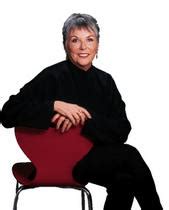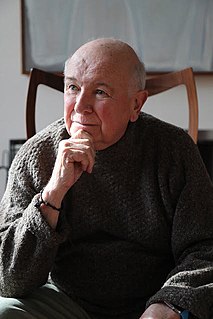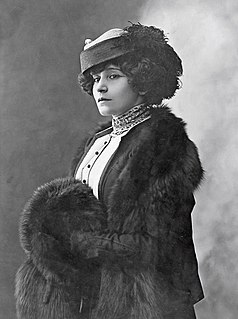A Quote by Justin Cronin
So, whenever I'm writing, I'm writing in the presence of all the other books I've read and I think we all are.
Related Quotes
You learn so much with each book, but it's what you teach yourself by writing your own books and by reading good books written by other people - that's the key. You don't want to worry too much about other people's responses to your work, not during the writing and not after. You just need to read and write, and keep going.
I can't say that you should extract this or that value from my books explicitly. They are up for interpretation. In terms of the obligation, I think we're all individuals on this planet, trying to scratch our way through the day, and if you're writing a book exposing atrocities in Rwanda or writing a murder mystery set in a mountain village, I think both ways of spending you time are valid and both books are probably fine to read.
I think that I had read so much fiction that the craft itself sort of sank into me. I didn't read any 'how to' books or attend any popular-fiction-writing classes or have a critique group. For many years into my writing, I didn't even know another author. For me, a lot of reading was the best teacher.
Whenever you think you're writing what other people want to hear from you, and that it'll be commercial, you're doomed to disaster. Writing has to be as truthful and specific as we can make it. The minute we think that we're reaching more people and pleasing them, we get general. And audiences sense that and turn away, shun us.
I don't think it's more positive to have a Twitter account, a Tumblr, and a blog. Someone without those things will use their time to do other things, like read books or swim or talk to their children or read websites or listen to music or write books or lie in bed or sit in a chair. I don't think any of these things are more positive than any other things. I don't think having an internet presence helps financially.
Writing books isn't a drastic departure from writing for the stage. I've always written in the long format, five, eight, 10-minute pieces rather than one-liners, so since writing books, the process hasn't changed much. A piece in my live routine can end up as part of one of my HBO specials, and it can also end up in one of the books.
There isn't a grand plan at work in the progression of the books with respect to the line. I do want the books to be different from each other, certainly, but I'm more aware of that on the level of theme or structure. I can tell when I'm writing the last of a particular type of poem because the writing is too easy and I start to feel queasy.


































